5% OFF FIRST ORDER WITH CODE FRST5 AT CHECKOUT!
BCAA - An Overlooked But Beneficial Supplement

Like most people, you probably have your opinion of BCAA supplements, which is fair.
BCAAs have a mixed reputation among consumers and for good reasons. But despite the product’s shortcomings and misleading marketing, BCAAs offer benefits, and you should consider taking some.
Without further ado, let’s dive in and see why. But first:
What Are BCAAs?
BCAA, short for branched-chain amino acids, is a fitness supplement that features three essential amino acids:
- Leucine
- Isoleucine
- Valine
Leucine is the most potent of the three amino acids and plays a considerable role in initiating muscle protein synthesis (1). Isoleucine and valine also have unique functions in the body, and we need to get enough of them each day (2, 3).
The idea behind BCAA supplements is to promote recovery, improve muscle growth, and help us achieve better results in the long run. The question is, are these claims valid?
The Problem With Branched-Chain Amino Acids
Branched-chain amino acids have received a fair amount of criticism from people because of bold marketing claims. A few years ago, BCAA supplements were heavily marketed as essential for muscle growth and optimal recovery. But we then had a few studies that showed negligible benefits of BCAAs for people who consumed enough protein (4).
These days, most people brush off BCAAs and instead focus on eating a high-protein diet and supplementing with whey or another similar product.
Why You Should Consider a BCAA Supplement
Despite the misleading marketing and lack of apparent benefits, branched chains are beneficial, and we shouldn’t ignore them. Here are the three categories of people who might consider BCAAs:
- Those Losing Fat
One interesting study from 1997 shed some light on the importance of BCAA supplements (5). In it, elite wrestlers restricted their calorie intake and were given large amounts of BCAAs daily. The subjects were split into four groups and did 19 days of dieting.
Once the experiment was over, the researchers noted that the subjects who consumed large amounts of BCCAs daily maintained much more muscle tissue, lost primarily fat, and maintained high athletic performance.
We certainly need more research to understand the mechanisms, but BCAAs seem quite beneficial for stimulating muscle protein synthesis. This can be particularly true for people on a vegan diet who struggle to eat enough high-quality protein each day (6).
- Those Who Train Fasted In The Morning
You’ve probably struggled with pre-workout nutrition if you’re someone who has to train in the morning. You have to wake up too early to have a meal, give it some time to digest, and hit the gym. The other option is to train fasted, which presents issues like fatigue and accelerated muscle protein breakdown (7).
BCAA supplements are fantastic because you can have a quick dose in the morning and hit the gym immediately after that. The supplement won’t provide much energy, but it will supply essential amino acids to slow down muscle protein breakdown (8).
- Those Who Don’t Have an Appetite Before or After Training
Pre-workout protein ingestion is crucial because it supplies your body with amino acids. As a result, your risk of significant muscle protein breakdown decreases. Having protein after training is even more important because your body is primed to use the amino acids fully.
The problem is, not everyone has an appetite before or after training, which can be a significant roadblock in the long run. The good news is, a dose of BCAAs before or after exercise can hold you over until your appetite returns.

 Polish
Polish


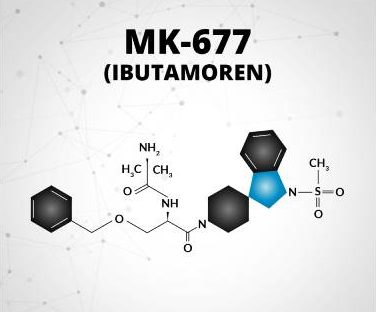

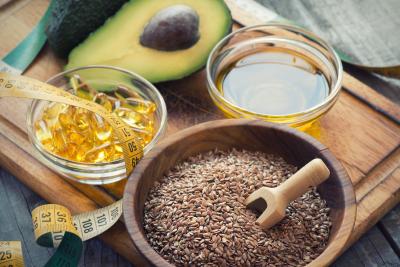





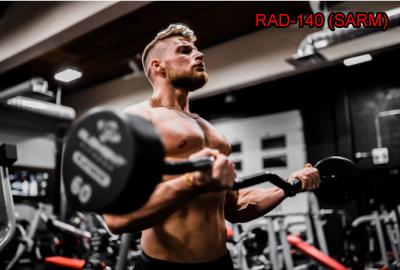
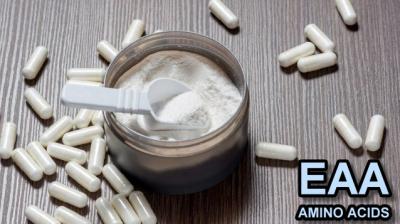
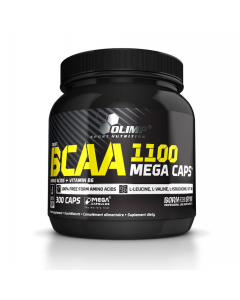


















Comments